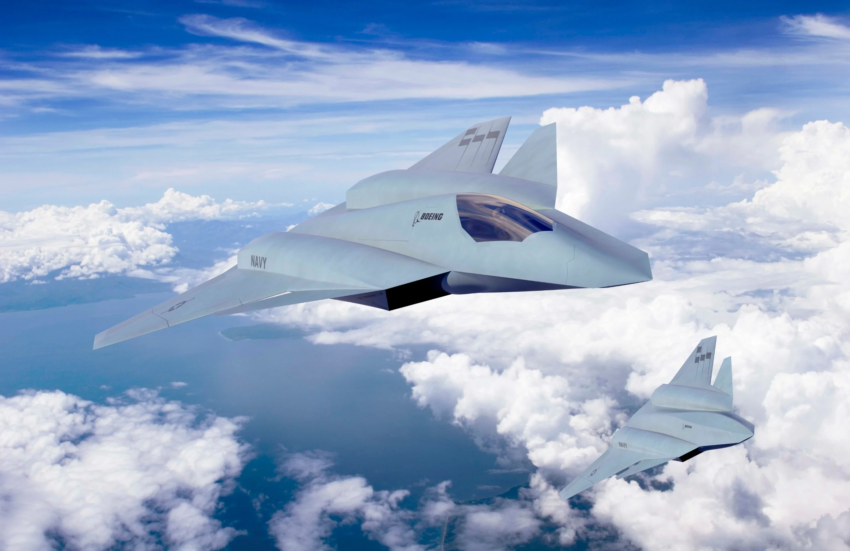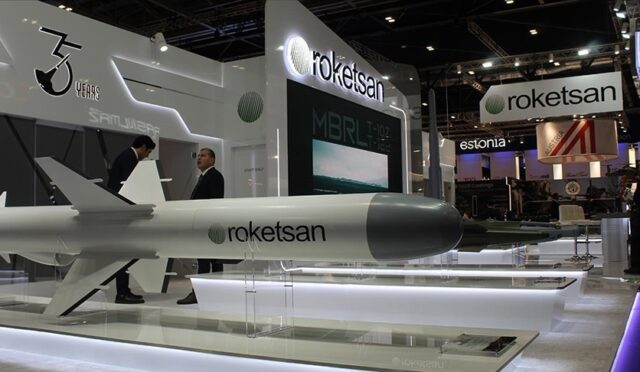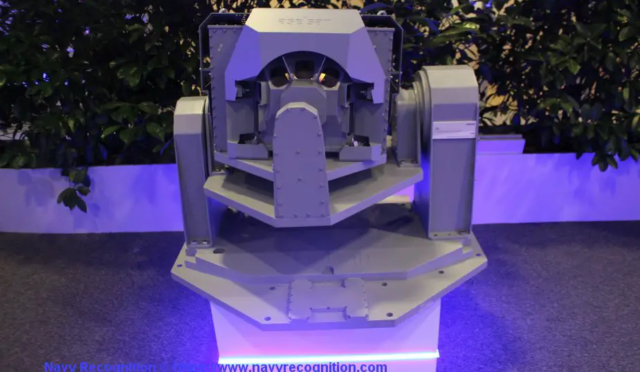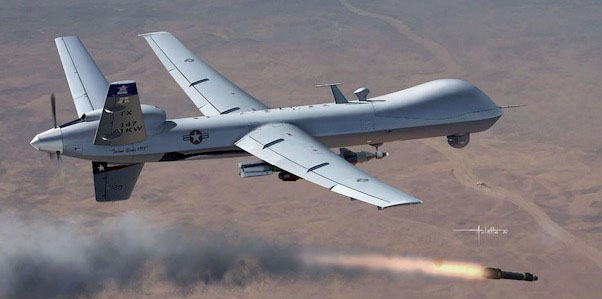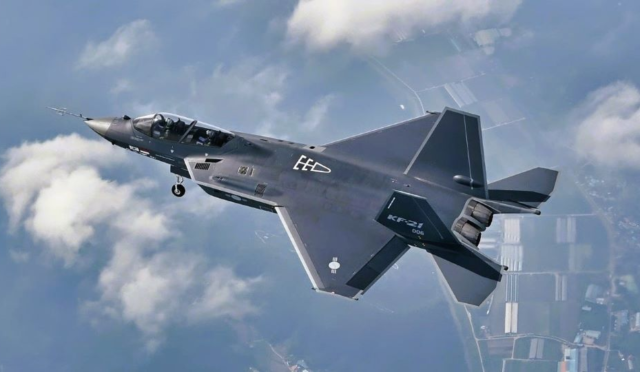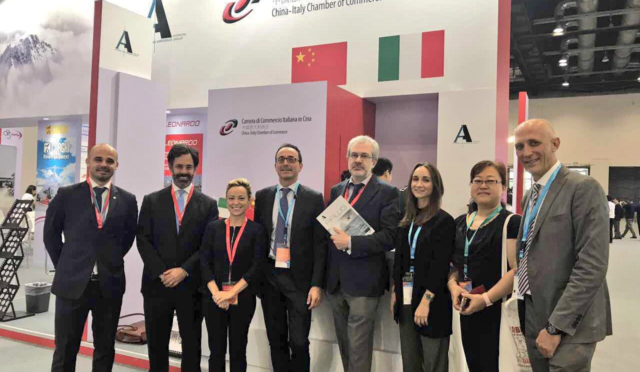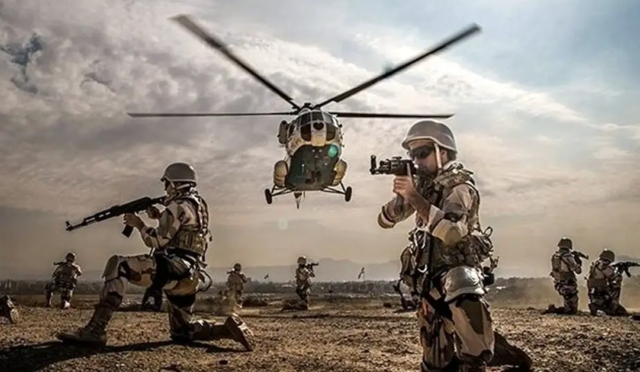Challenges of the Sixth-Generation Fighter Jet Project
**Dassault Aviation’s CEO Éric Trappier has voiced serious concerns regarding the collaboration with Airbus on the development of a sixth-generation fighter jet, describing the process as “very, very difficult.” During a recent session with French lawmakers, he highlighted ongoing disagreements about the division of labor associated with the ambitious European project. Trappier asserted that a reevaluation is necessary, stating that it is not solely his responsibility to resolve these issues—but a collective effort from all nations involved is essential.**
In December 2022, France, Germany, and Spain entered into a significant 3.2 billion Euro (approximately 3.6 billion Dollar) contract aimed at advancing research and design for the Future Combat Air System (FCAS). This agreement was reached after lengthy negotiations between Dassault and Airbus, marking a critical step forward following a protracted period of disputes. In this collaborative effort, Dassault serves as the primary contractor, while Airbus represents the interests of Germany and Spain.
Future Steps and Delays in Development
The next phase of the program involves building a prototype, which France has announced is slated to debut in 2026, with its first flight targeted for 2029. However, Trappier has cautioned that the ongoing disputes regarding the allocation of responsibilities among the partners are likely to cause significant delays. He stated that coming to an agreement on the intricacies of phase 2 could take considerable time, indicating a more protracted timeline for the project than initially anticipated.
Trappier’s critique of the collaborative process is not new; he has previously expressed frustrations over the complexity of working with multiple partners. In a session held in May 2023, while he acknowledged the challenges posed by having three partners, he also expressed confidence in their ability to develop a prototype together. His comments reflect a delicate balance between optimism and realism in navigating partnership dynamics.
Airbus’s Progress and Response
Despite the challenges outlined by Trappier, Airbus maintains that substantial progress has been made within the FCAS framework. The company recently reported successful outcomes from the concept selection review mandated by the phase 1B contract. In an email statement to Defense News, Airbus confirmed that preparations for the next phase of contracts are well underway, signaling a forward-looking approach even amidst unresolved challenges.
Trappier has highlighted that the fragmented work methodologies within the FCAS project are contributing to delays, remarking that ongoing discussions with numerous partners seem never-ending. He advocates for a more streamlined approach focused on delivering the best capabilities, suggesting a need for consolidation of efforts rather than expanded collaboration.
Decision-Making Power and Future Plans
Within the partnership framework, Trappier pointed out that even though Dassault is designated as the main contractor, the company’s influence in decision-making is limited to one-third. Meanwhile, Airbus wields two-thirds of the voting power on behalf of Germany and Spain, which complicates the decision-making process further. This ratio has raised concerns regarding the balance of power and the implications for the overall project trajectory.
When asked about the potential for Dassault to independently supply fighter jets to France should the FCAS program falter, Trappier asserted confidence in the company’s capabilities. He remarked that while he is open to collaboration, Dassault possesses significant technical expertise necessary for developing a fighter jet. Trappier underscored the importance of weighing what is offered to allies in the context of European cooperation while acknowledging the interdependencies that such collaborations entail.
France’s Future Fighter Jet Needs
In light of the uncertainties surrounding the FCAS program, France is taking proactive steps to ensure its defense capabilities remain robust. The country intends to procure new Rafale fighter jets aimed at bolstering its nuclear deterrence strategy. This decision reflects a broader commitment to national security and readiness amidst the evolving landscape of international military cooperation.
Ultimately, while the development of the sixth-generation fighter jet through European collaboration faces notable hurdles, France’s strategic planning demonstrates a commitment to maintaining its defense prowess regardless of the FCAS project’s trajectory.
